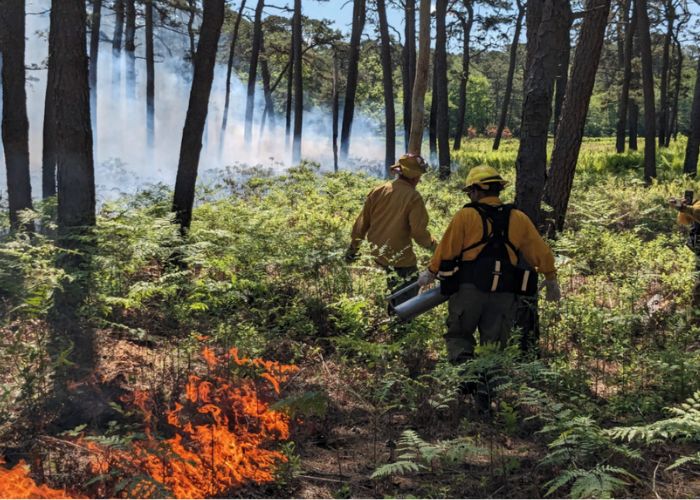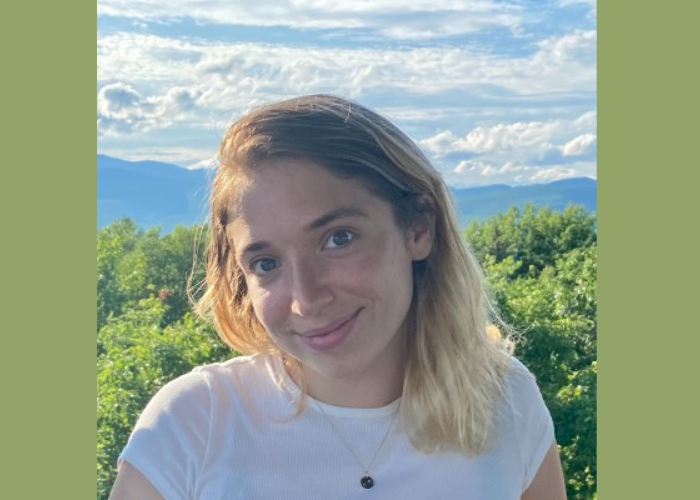
Every academic year, the COE invites a small group of Wesleyan faculty and undergraduate students, plus a noted scholar from outside the University, to gather together for the Think Tank: a yearlong discussion of a critical environmental issue. The 2024-2025 Bailey COE Think Tank feature Sonia Sultan, Alan M. Dachs Professor of Science, Professor of Biology and Environmental Studies; Justine Quijada, Associate Professor of Religion, Russian, East European, and Eurasian Studies, and Environmental Studies; and Garry Bertholf, Assistant Professor of African American Studies, alongside undergraduates Maryam Badr ’25, Hannah Podol ’25, and Nic Galleno, ’25. These University fellows will be joined by the 2024-2025 Menakka and Essel Bailey ‘66 Distinguished Visiting Scholar Roxy Coss: Jazz saxophonist and Founding President of the Women In Jazz Organization, as well as a Grammy-award winning musician, composer, educator and activist.




